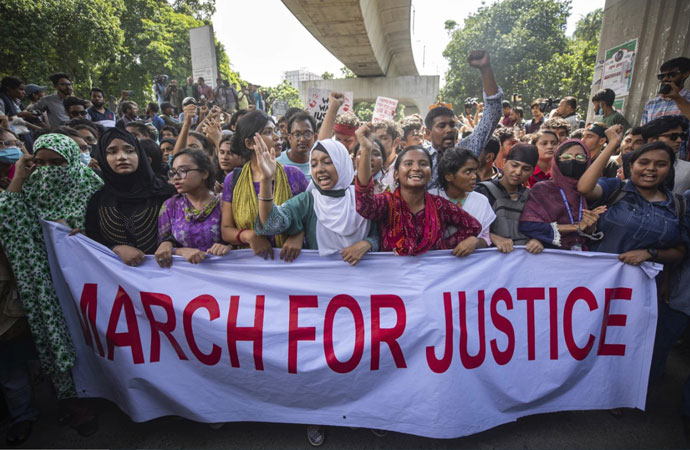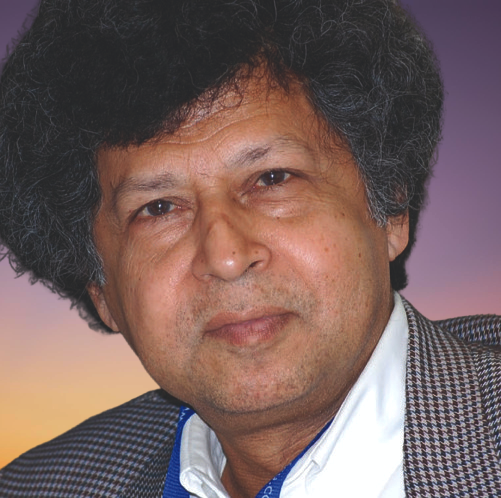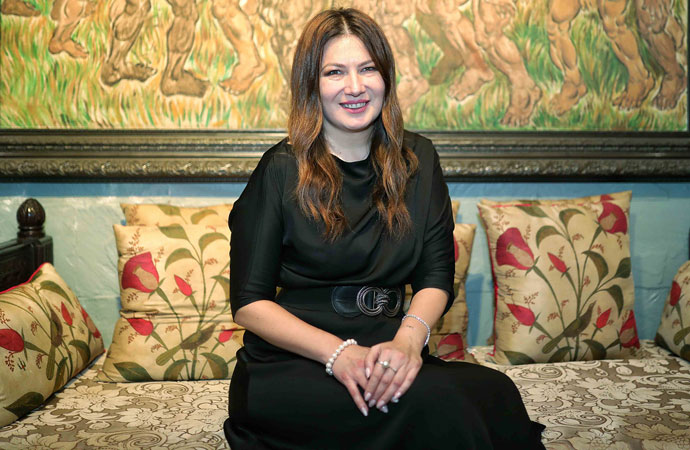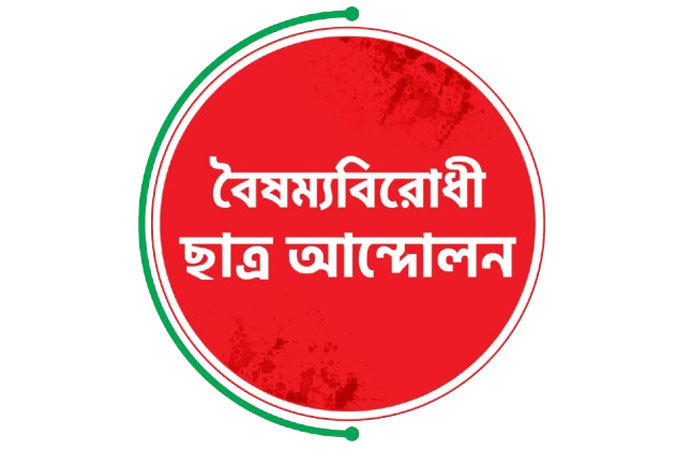Column

Photo: AP/UNB
In 1963, from the confines of a Birmingham jail cell, Dr. Martin Luther King Jr. wrote one of the most searing indictments of moral cowardice in modern history. Responding to a letter from eight white clergymen who urged him to call off civil disobedience and trust the courts, Dr. King wrote, "We will have to repent in this generation not merely for the hateful words and violent actions of the bad people, but for the appalling silence of the good people."
That silence, he warned, was not just disappointing-it was tragic.
Over the years, King returned to this theme again and again. During the Selma-to-Montgomery march in 1965, during the Vietnam War, even in his final writings before his assassination in 1968, he lamented the passivity of decent people in the face of injustice. "There comes a time," he wrote, "when silence is betrayal." Nothing, he warned, is more dangerous than "sincere ignorance and conscientious stupidity."
These words ring loud today in Bangladesh, where the July-August 2024 uprising-led by students and ordinary citizens-confronted a deeply entrenched, authoritarian regime. For 15 years, Sheikh Hasina's government carried out unchecked abuses: extrajudicial killings, disappearances, rampant corruption, repression of dissent, the weaponization of the judiciary, the hollowing out of institutions, and the monopolization of the country's wealth and power by a single family.
None of this was secret. It happened before our very eyes. And yet, many of Bangladesh's so-called intellectuals, civil society leaders, and moral gatekeepers either remained mute or rationalized the regime's crimes. Some argued that in the name of development or digital progress, or in the interest of "protecting the legacy of the Liberation War," the deaths of protesting youth could be excused. Others visited Hasina in person at the height of the protests to pledge allegiance, warning that meeting the students' demands would hand the nation over to its enemies. The irony, of course, is that the "enemy" in this narrative was not a foreign power-but the country's own children rising up against inequality and repression.
Such logic would be laughable if it weren't so tragic. Even now, those who benefited from the regime-through proximity, patronage, or cowardice-continue to manufacture excuses. Some try to rebrand the July uprising as a foreign-backed conspiracy. Others spread disinformation: that Abu Sayeed, the first martyr of the uprising, was not killed by police, or that Mughdho, the young man shot while offering water to protesters, is alive and well in France.
These are not fringe voices. These are members of a privileged class who, like the white clergymen of 1963, found it more convenient to plead for "order" than to confront injustice. They were not neutral. Their silence-and in some cases, their defense of tyranny-made them complicit.
In contrast, the youth who took to the streets-with no political party, no arms, no foreign sponsor-were the true heroes of our time. We saw them raise their voices and their hands, even as live bullets flew. We saw schoolchildren chant, "Go ahead, shoot! But we won't leave the streets." This reminded me of the words of Bangabandhu in 1971: "Once we have learned to die, no one can hold us back." Sheikh Hasina failed to learn that lesson-and so she fled, along with her inner circle.
This week, Al Jazeera broadcast the story of Nafisa, a 17-year-old who was shot during a protest march on August 5, the day Hasina fled to India. Moments before she was hit, she told her father over the phone: "I won't leave the field until this fight is over." Bleeding and broken, she whispered one last plea: "Baba, I won't make it back. Please take care of my body."
The July Revolution was born from the fire of Nafisa's blood-and the blood of hundreds more like her.
Those who still rationalize tyranny, who still question the legitimacy of the uprising, who still cling to the comforts of privilege while denying the pain of the oppressed-they are the ones Dr. King warned us about. They are not innocent.
If we wish to honor those who died, those who stood firm, those who dared to dream of a freer Bangladesh, then we must speak-loudly, fearlessly, and without apology.
The writer is a journalist and author based in New York.

























Leave a Comment
Recent Posts
Religion and Politics: A Toxic ...
At Dhaka University, cafeteria workers have been told not to wear shor ...
Enayetullah Khan joins AsiaNet ...
AsiaNet’s annual board meeting and forum was held in Singapore, ...
In a New York minute
Many leaders back a UN call to address challenges to ..
Defaulted loans at Non-Bank Financial Institutions ( ..
How the late Zubeen Garg embodied cultural affinitie ..